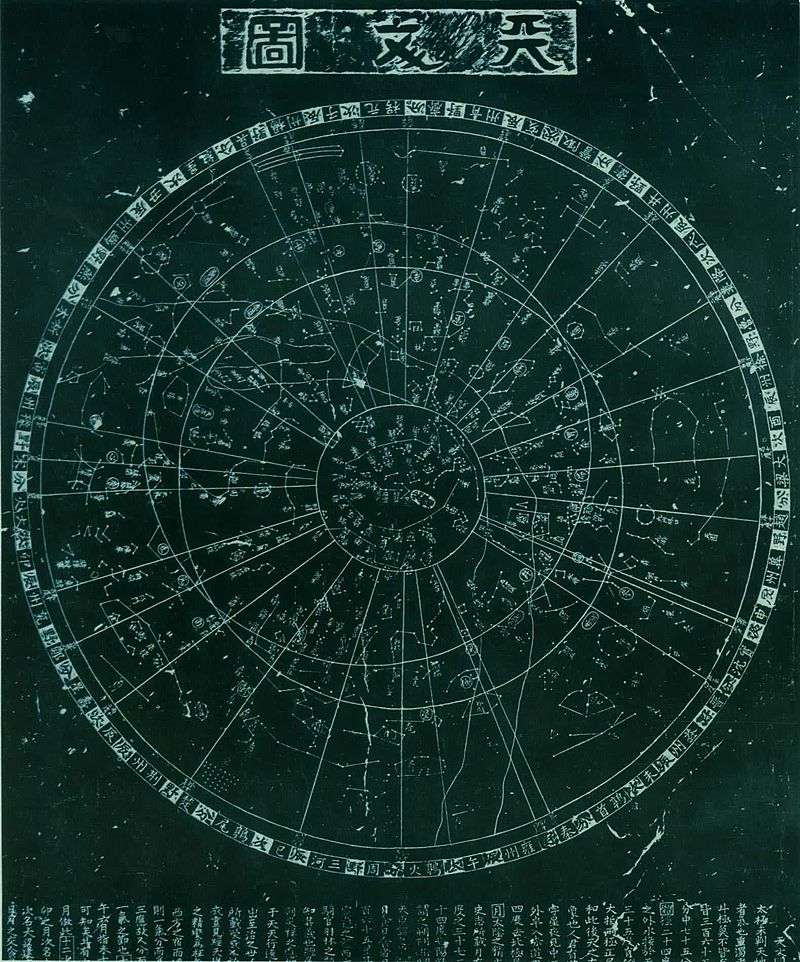The character 星 (pinyin: xing, pronunciation: ssing) means star. The character 宿 (pinyin: xiu, pronunciation: ssiu) means a lodge or residence. What would the combination 星宿 mean? Well, it means constellation! And yes, astronomical constellations.
Pronunciations
Medieval Chinese: seng siuk
Mandarin: xing xiu
Cantonese: sing sau
Hokkien: seng siu or seng siok
Japanese: seishuku
Korean: seong su
Origins
The constellations of Ancient China are collectively known as 二十八宿 (pinyin: er shi ba xiu), usually translated into English as twenty-eight mansions. The origin trace back to early antiquity, perhaps as early as the Western Zhou dynasty (c. 1050 – 771 BCE). Chinese astronomers divided the sky into four sectors. Each sector is represented by a mythological animal: Azure Dragon (青龍) in the east, Black Tortoise (玄武) in the north, White Tiger (白虎) in the west, and Vermilion Bird (朱雀) in the south. Since each sector contains seven mansions, there are twenty-eight mansions, and the purpose helped astronomers keep track of the moon’s trajectory along the ecliptic plane.
